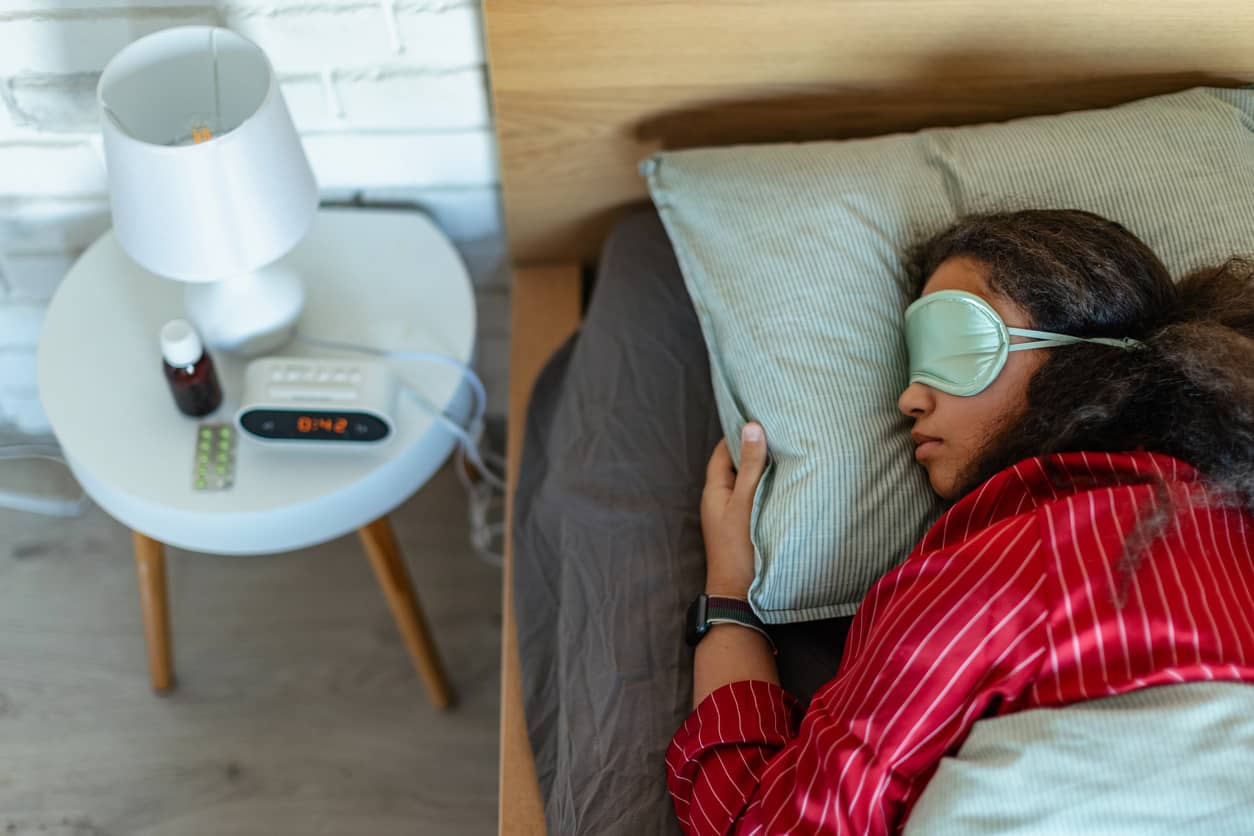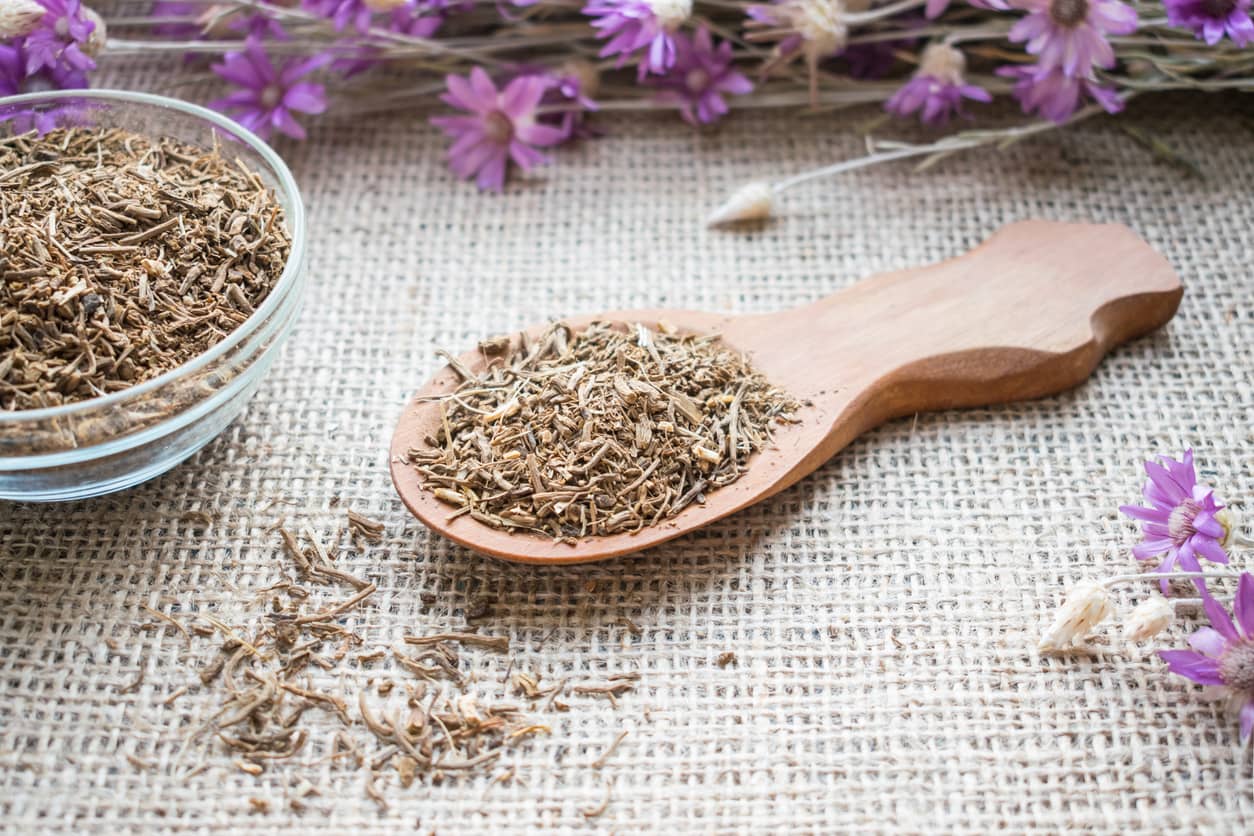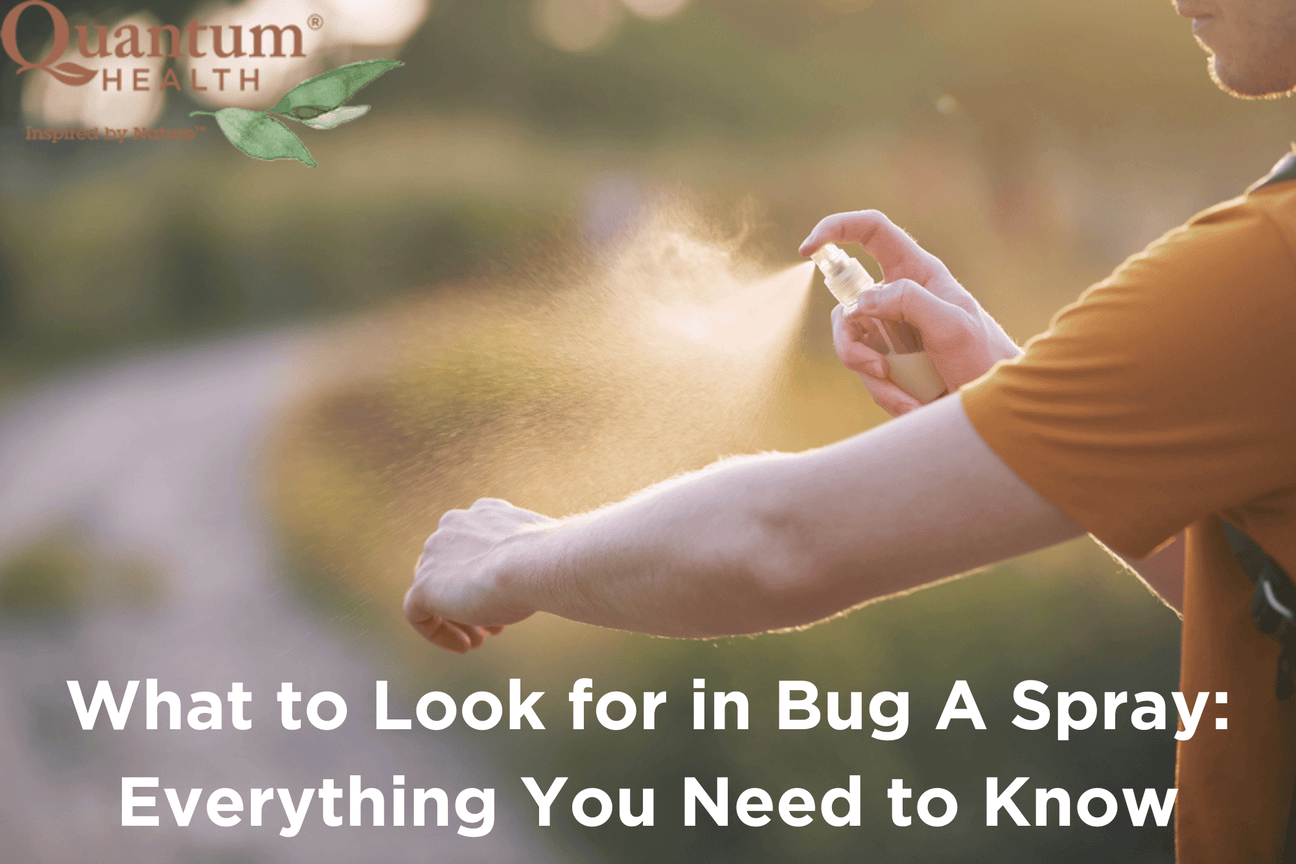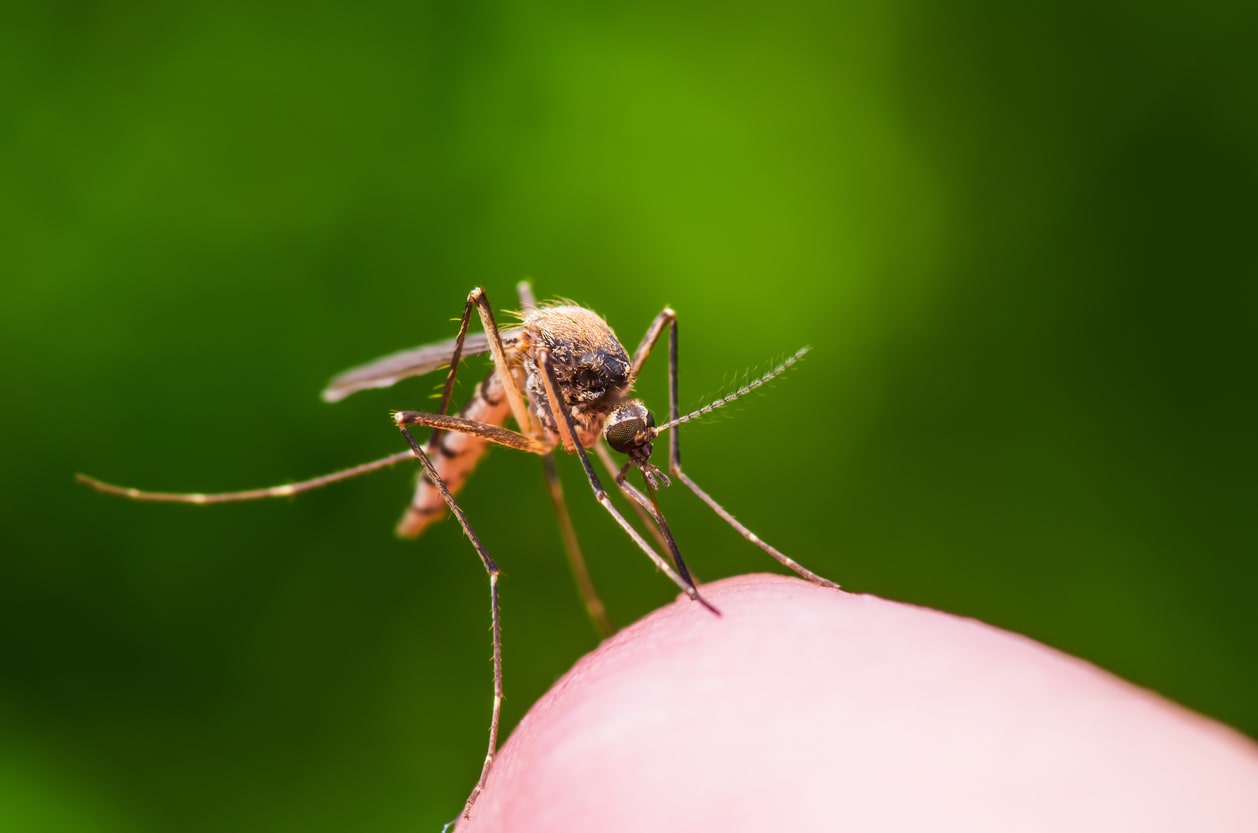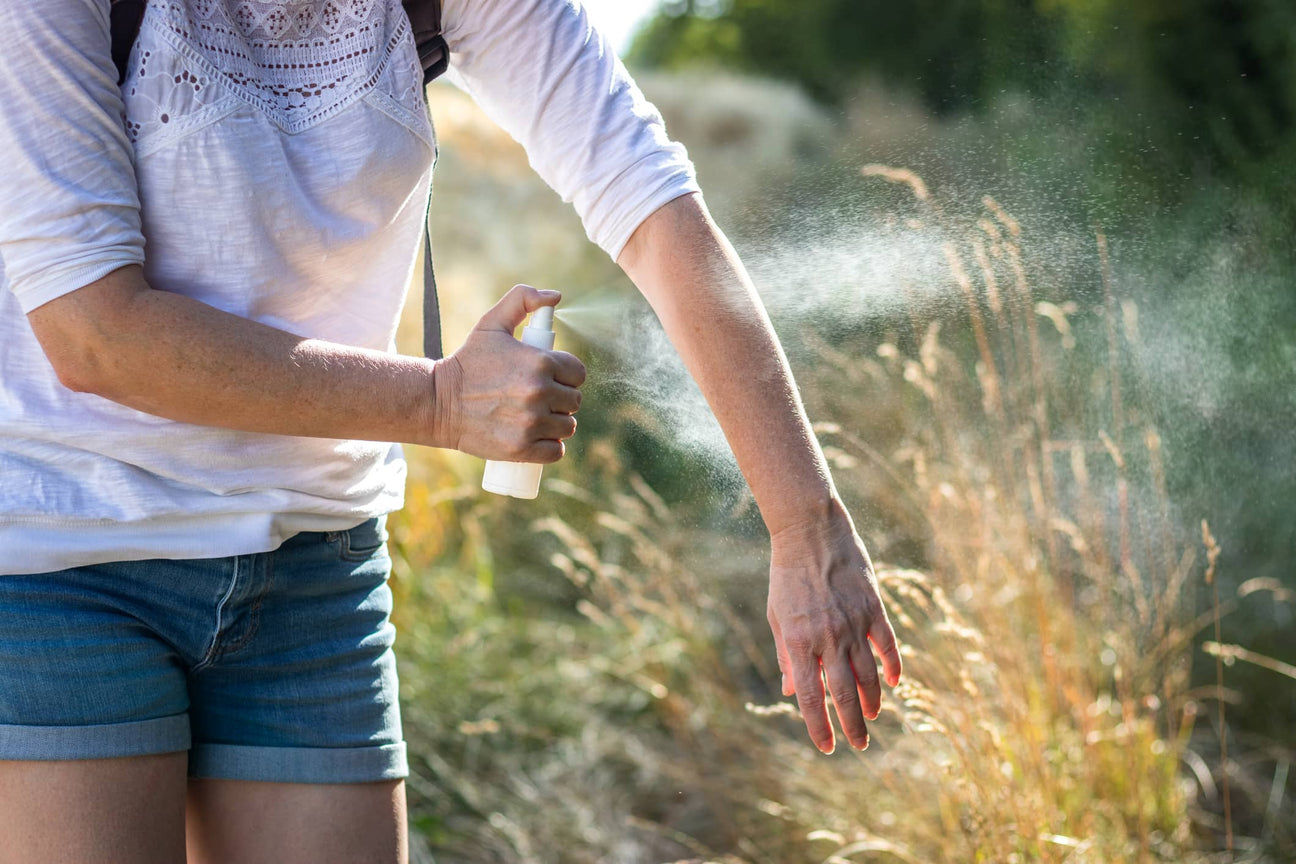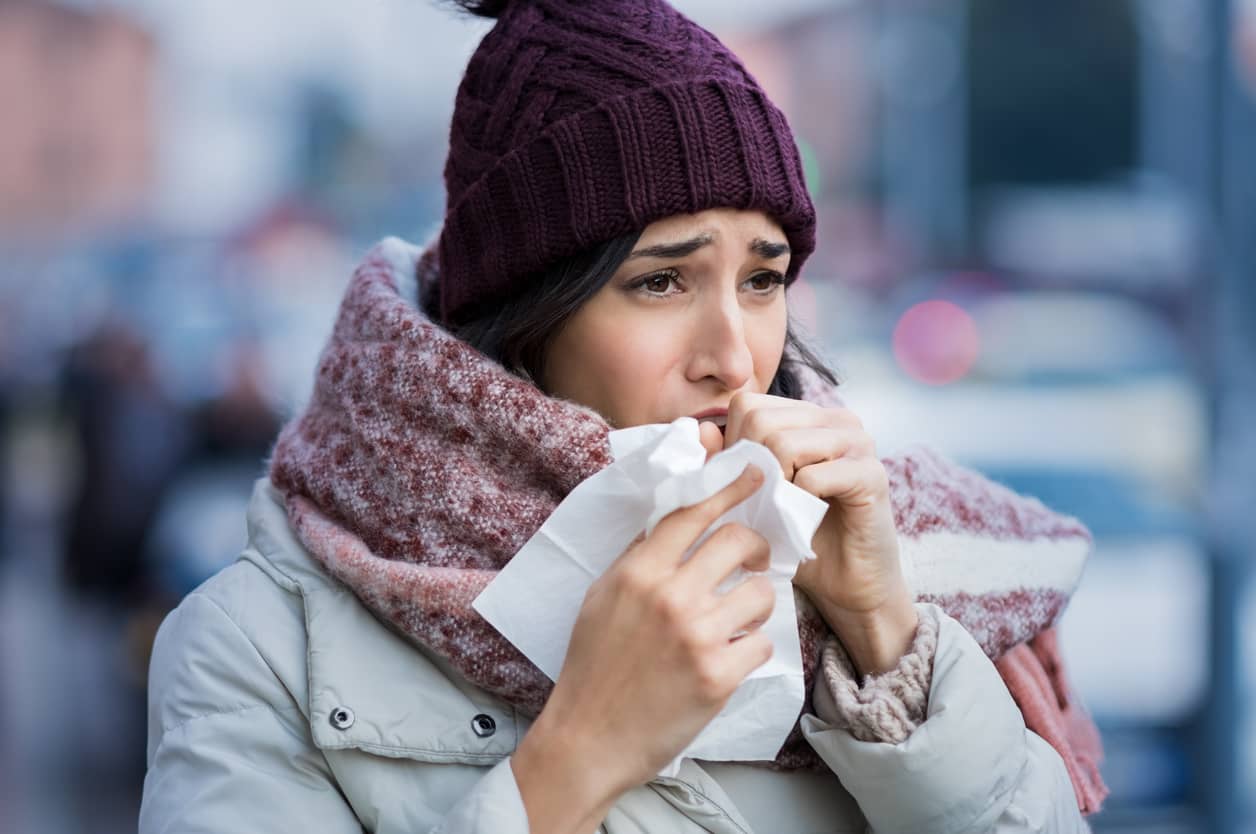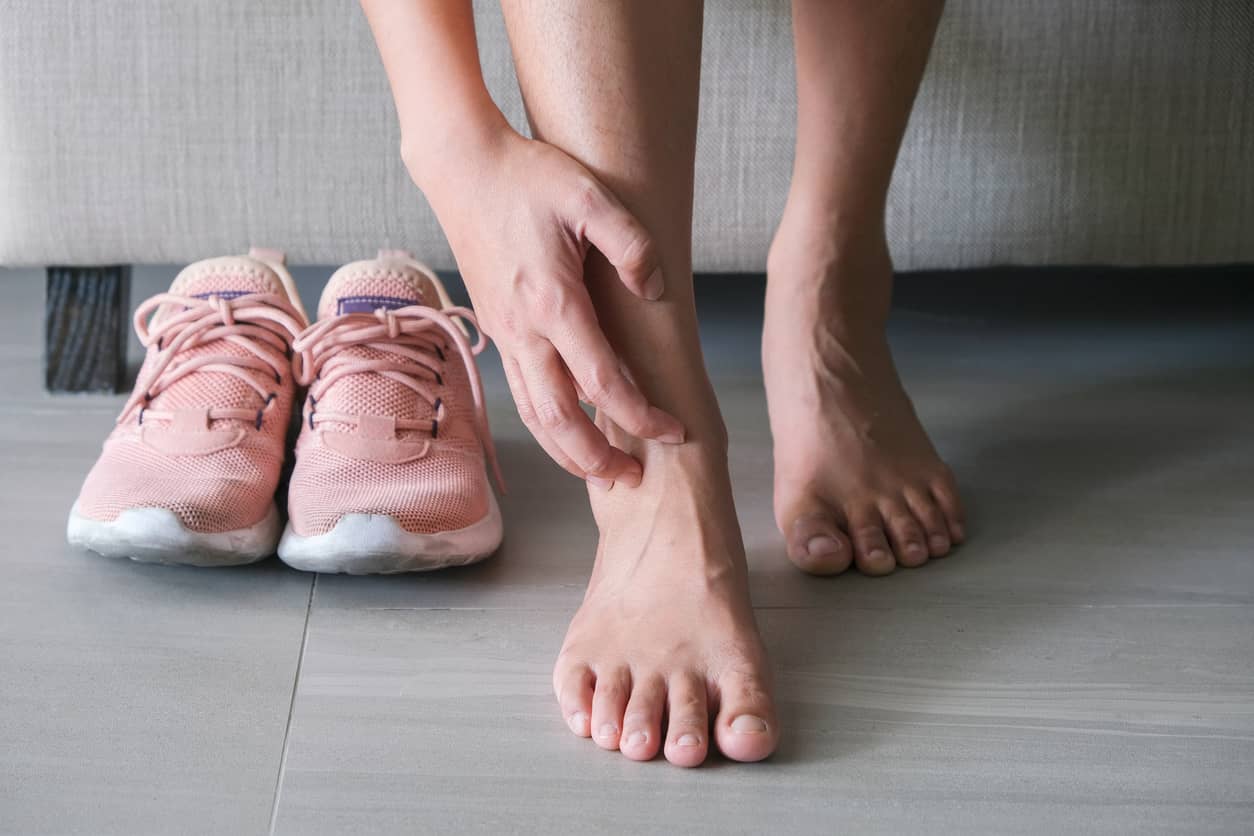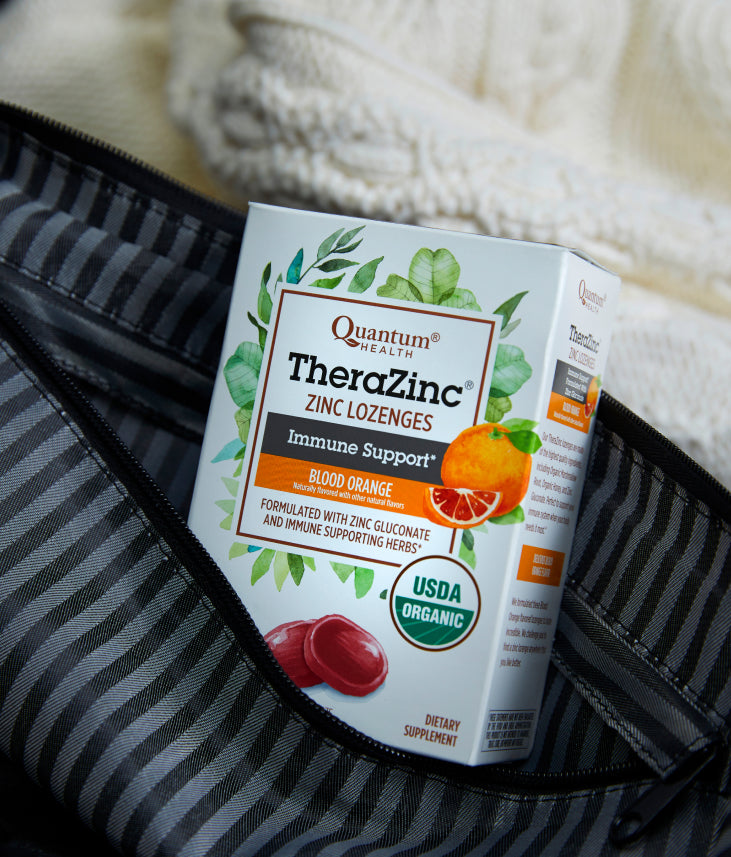15 Things You Can Do To Fight the Winter Cold Season
The average person gets two or three colds every year. And while a cold won’t kill you, it suppresses the immune system enough so that more serious problems can ensue. Colds are passed on in two ways; by inhaling the cold virus from someone who has it, or by touching respiratory secretions (sneeze stuff for example) through hand to hand contact or a surface like a doorknob, and then touching your eyes, nose or mouth. Flu can affect 20 to 50 percent of the population each year. It's very contagious and is mostly spread by direct person-to-person contact. A flu virus can linger in the air for three hours and in close quarters, like classrooms or work spaces, transmission is high. Here are some tips to help you through the worst of it.
1. At the very first hint of a cold or flu, take action!
Zinc lozenges may be effective. Other symptomatic relief products are also available.
- Take the herb astragalus twice a day until you are better. A 250 mg dose is suggested. Also, Echinacea will help reduce the duration of a cold.
- Don’t’ forget the chicken soup.
2. Wash your hands often.
This is the most common recommendation for good reason. It’s true. The Navy did a study on 40,000 people and found that they cut their likely hood of getting a chest cold by 45%. Clean under your finger nails, too. Lots of germs get stuck there.
3. Wash your hands twice.
Some say antibacterial soap makes all the difference. But researchers at Columbia University found that two hand washings in a row were better.
4. Take a zinc lozenge every day.
A study of over 300 high school students found that one zinc lozenge a day prevented colds in over 60%. Amazing for an environment notorious for germ swapping.
5. Eat a container of yogurt or take a probiotic every day.
One study from the University of California-Davis showed that people doing this had 25 percent fewer colds.
6. Public restroom germ prevention.
Public bathrooms have lots of germs. If you are worried, use a paper towel to touch the faucet and another to open the door on the way out. Even the Center for Disease Control agrees.
7. Rub your eyes with a knuckle.
Eyes are an entry point for germs and you’re less likely to have virus germs on your knuckles than your fingers. Guess what? Most people rub their eyes or nose around 30 times a day.
8. Microwave your toothbrush.
Put it in for 10 seconds and you’ll kill germs that can cause colds and more. Also replace it every month when you change the page on your calendar and after you've had a cold.
9. Pressuring yourself at work doesn’t help.
A study of 200 people at work over three months showed that those who lacked confidence or blamed themselves when things went wrong were more likely to start sneezing. Stress lowers your immune response.
10. Let a bit of air in during the winter.
Fresh air chases out germs. But don’t freeze!
11. Keep your house cooler by 5 degrees.
Keeping your home too hot dries the air making breeding easier for cold viruses. It also dries out your mucous membranes which in turn makes it easier for those viruses to grow inside your nose. A humidifier helps, too. Plus, you’ll save energy.
12. Take a weekly sauna.
People who sauna have half the number of colds. Researchers believe that the hot air kills viruses. If you can’t sauna, you can inhale hot air from a blow-dryer but make sure you set it on warm, not hot and that you hold it about 18 inches or more from your face and breathe in through the nose. Give it a good 15 minutes.
13. Meditate.
Or if you don’t like the idea of meditating, sit quietly and focus on one word. Choose a word that comforts you. Again, reducing stress builds immune strength. Stressed people get two times as many colds.
14. Wipe your nose - don't blow. Sneeze into your arm, not your hands.
When you blow, the germs go out but also shoot back in. If you have to, blow softly. Sneezing into your arm puts the germs in a place where you won’t spread them around.
15. Forget about antibiotics.
Antibiotics are only effective against bacteria, not the viruses that cause colds or flu. As a matter of fact, taking antibiotics during a cold or flu can lower your immune defense and make the problem worse or last longer.
Share
Your share can inspire countless others.


























